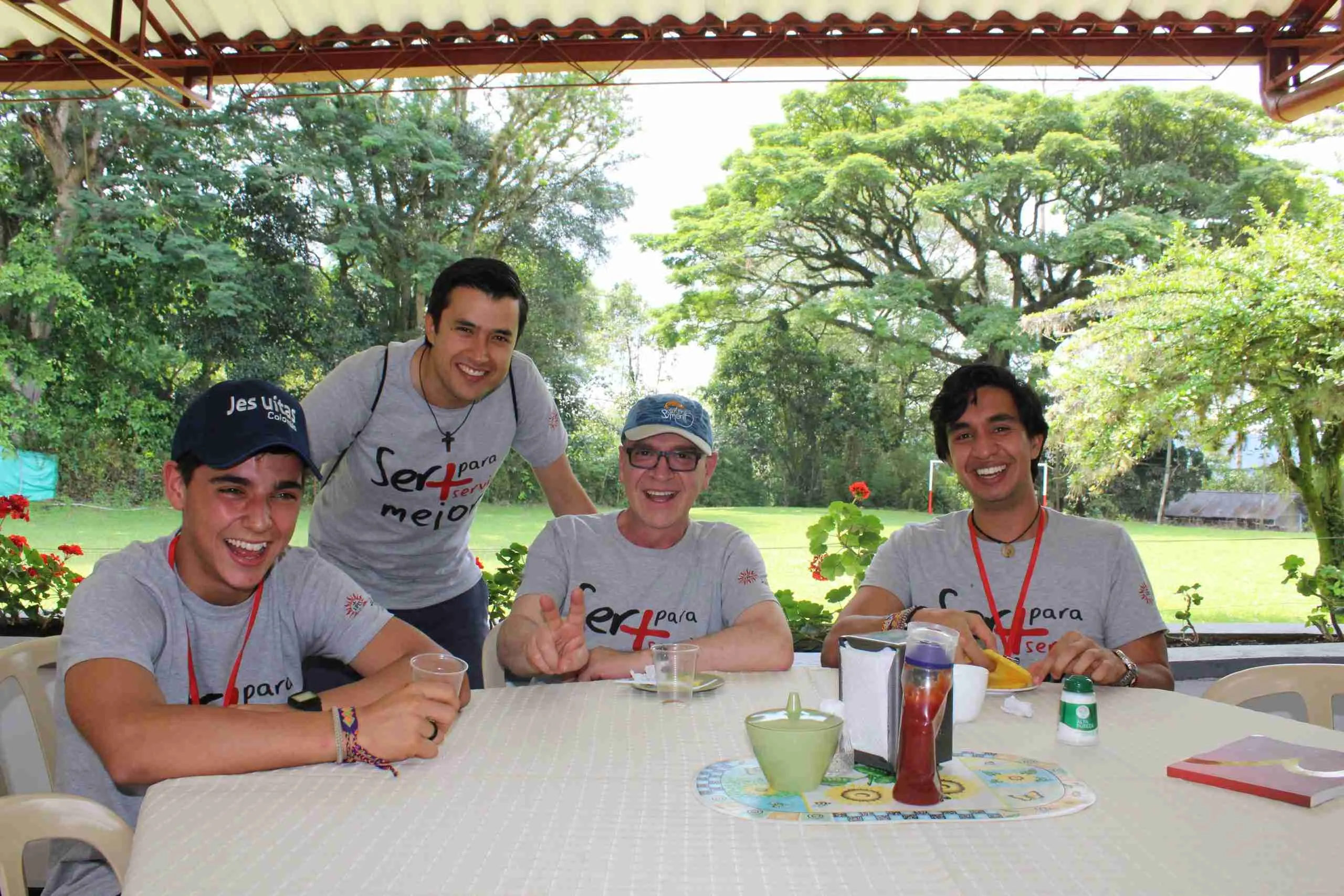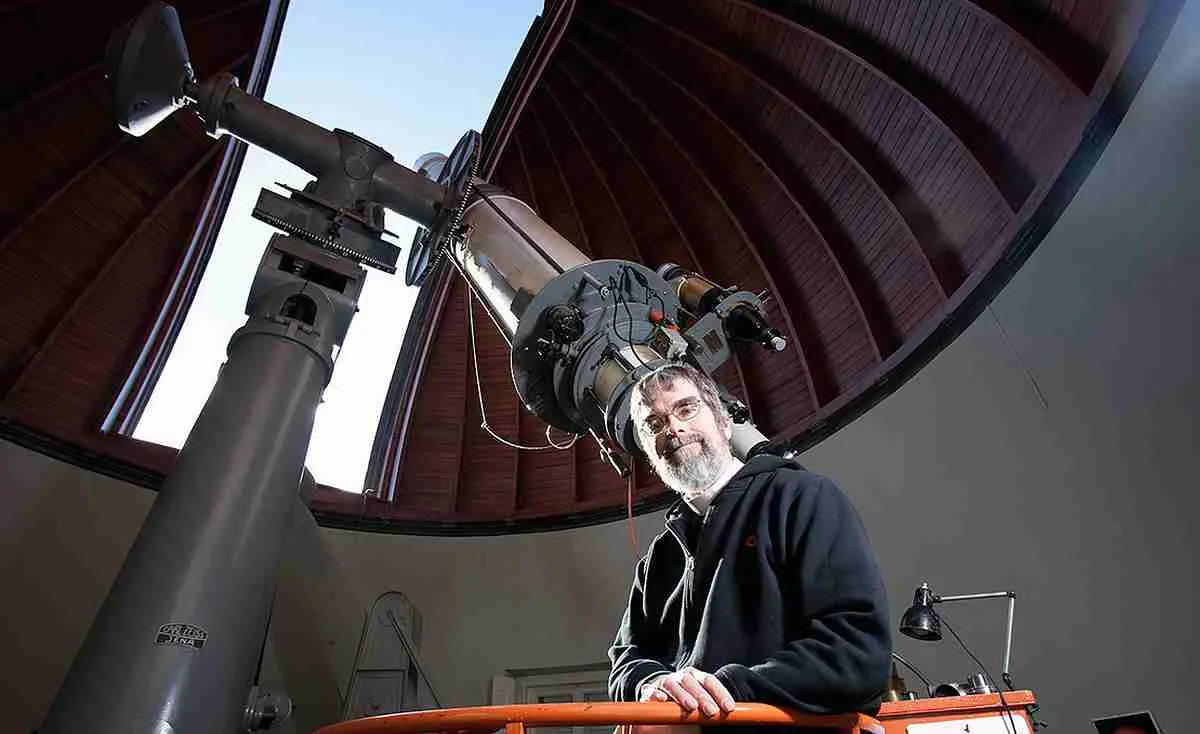Jesuits have a presence when all cylinders are firing at full capacity. It is true that anyone living with purpose and doing it authentically is a powerful witness to the human project. To me, it appears to be a life well grounded. For a Jesuit, this presence is their unique chispa, that is, their “spark” that they bring with them anywhere they go. This is not grounded by their own magnanimity but comes from a vocation that has found its chispa in four grounding cores: praying, learning, loving, and serving.
Prayer
Much ink has been spilled about Jesuit prayer. However, chispa in this area comes from the Jesuit’s desire to integrate his imagination, his study of humanity, his love for people and God, led by a sacramental attitude for the world. His prayer life comes from within the church community and his weekly often daily contact with the Eucharist. In this way, he prays with a larger global community. He also prays sacramentally which may not be reduced within the boundary of a church building. Sacramentality in essence is found in anything and anyone that authentically points the community or individual to God. A Jesuit exudes his prayer-chispa, both in the sacraments of the church and in the sacramentality found anywhere from the depths of ecology to the mundane Tuesday afternoon.

Learning
If a Jesuit stops learning too early in his lifetime, he may find himself as a fish out of water. Ours is a tradition of passion for curious exploration of what we might call the humanities, the sciences, the fine arts, philosophy and theology. I myself, not satisfied with two master degrees, pursed further studies after ordination to the priesthood for a specialization in Sacred Scripture. Study is encouraged when a man enters, but his study-chispa is found after a lengthy commitment to ongoing education.
Loving
This one is hard. A Jesuit makes vows early on, within two years of entering, to live a life of integrity around chastity, poverty, and obedience. Where is the love-chispa in a life of celibate living? Who is the affectionate other in a Jesuit’s life to keep that spark alive? You would think the answer is God, right? If so, you are only partially correct. If a Jesuit understands his life as one that must lack intimacy because of celibacy, he will be sad and lonely. What, then, is gained from a life of celibacy? A vocation to celibate living means that I commit to open-hearted relationships that are affectionate. Yes, romance and sex are off the table. But affection and vulnerability are not. The love-chispa can only exist through another person. The good news is that there are so many good Jesuits, friends, relatives, and people we are sent to serve that help make that connection spark.

Serving
If love is hard, then serving authentically is harder. If any of the above chispa cores is fundamentally lacking, the spark for serving will be dimly lit. A Jesuit cannot serve or minister to the larger community if things are lacking in his prayer, his ongoing study, and his capacity to love and be loved by others. This kind of service would be vain and without substance. There is a great temptation here. Jesuits love to work hard and long hours, days and weeks and years at a time. For Americans, we can place that badge of pride on being busy and working long hours at something. This is not service. Service means giving away freely from that which one has received freely in prayer, study, and affection.
To see the Jesuit vocation as chispa lit up from within is to see a happy person. Joy flows out, not at every waking second, but deeply abides. “Out of joy,” the Gospel says, “he goes and sells all that he has to buy that field” (Mt 13:44-46).











